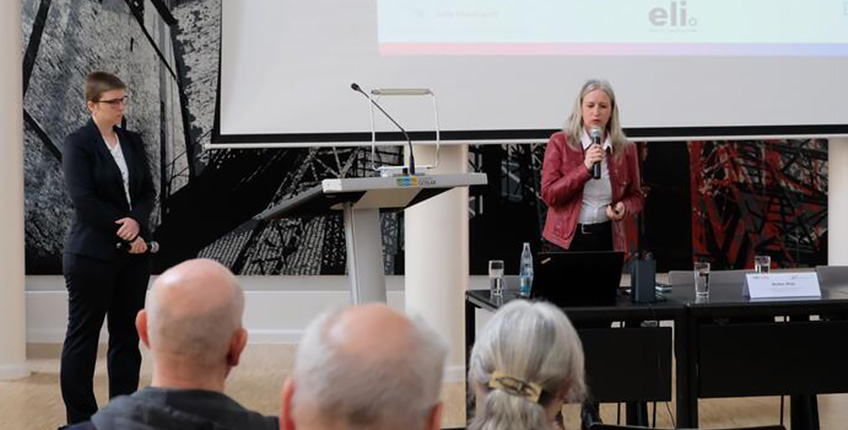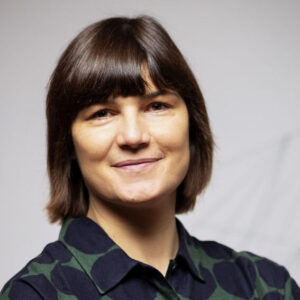Strategies for expanding more efficient and sustainable supply chain models in the ecological model region.
To mark the fourth anniversary of the Goslar district ecological model region, the district will present its electric mobility and delivery concept on 8 April 2024. The concept, which is funded by the BMDV, is intended to offer agricultural production companies strategies and ideas to make the delivery of their products more sustainable and efficient.
The district of Goslar has commissioned a bidding consortium with specialised knowledge to draw up the concept, led by Julia Maulhardt, consultant for electric mobility (HWK). Lisa Bohm and Jannik Martens, DEKRA-certified consultants for electric mobility and alternative drive systems, round out the project team.
Practical data collection with companies from the region
Eight companies within the Goslar district ecological model region served as the basis for their considerations: Strategies for the final concept were developed based on the experience gathered there and the prevailing requirements for the delivery concept as well as the existing structures.
The focus was on the routes to be taken to get products to retailers or customers. An initial starting point for a more sustainable delivery concept is the delivery vehicles currently in use. According to calculations by Julia Maulhardt and her team, a complete switch to electric drive vehicles would enable an annual savings potential of around 22 tonnes of CO2 emissions.
Great savings potential through cooperation
The project team identified further savings potential in the optimisation of delivery routes with the help of routing tools, the integration of external service providers within the supply chains and cooperation among multiple companies. For example, they could jointly purchase e-vehicles or combine their products into one delivery in so-called “piggyback deliveries”. By working together, companies could also plan specific implementations and distribute tasks and responsibilities. Further cooperation partners from science and business could help to create additional synergies in order to expand the necessary infrastructure in the area of car sharing and continue to develop routing tools.
“An optimal strategy would obviously be to combine the conversion of the vehicle fleet with the use of a routing tool: This way, the expansion of electric mobility is accelerated so that CO2 emissions are reduced as much as possible and the delivery system is made more efficient at the same time,” explains Julia Maulhardt. For the organic producers, this would also mean retaining the greatest possible independence in the delivery of goods.
“However, the dialogue with the organic producers has shown that this approach is not immediately feasible for everyone, with the financial factor naturally also playing a role. For this reason, we have also formulated alternative approaches as to how the delivery concept can be improved within the ecological model region, including through the establishment of co-operations or working groups. Ultimately, our concept is primarily about strategic and theoretical considerations – the individual implementation is ultimately undertaken by the businesses themselves,” says Maulhardt.
Funding support for the electric mobility concept from the federal government
The Federal Ministry for Digital and Transport is providing funding support totalling around 38,000 euros for the project. In addition, funding for this measure is also being provided as part of the German Recovery and Resilience Plan via the European recovery and resilience facilities in the NextGenerationEU programme. The funding guideline is coordinated by NOW GmbH and implemented by the Project Management Organisation Jülich.
Further information at the District of Goslar
Image: District of Goslar


